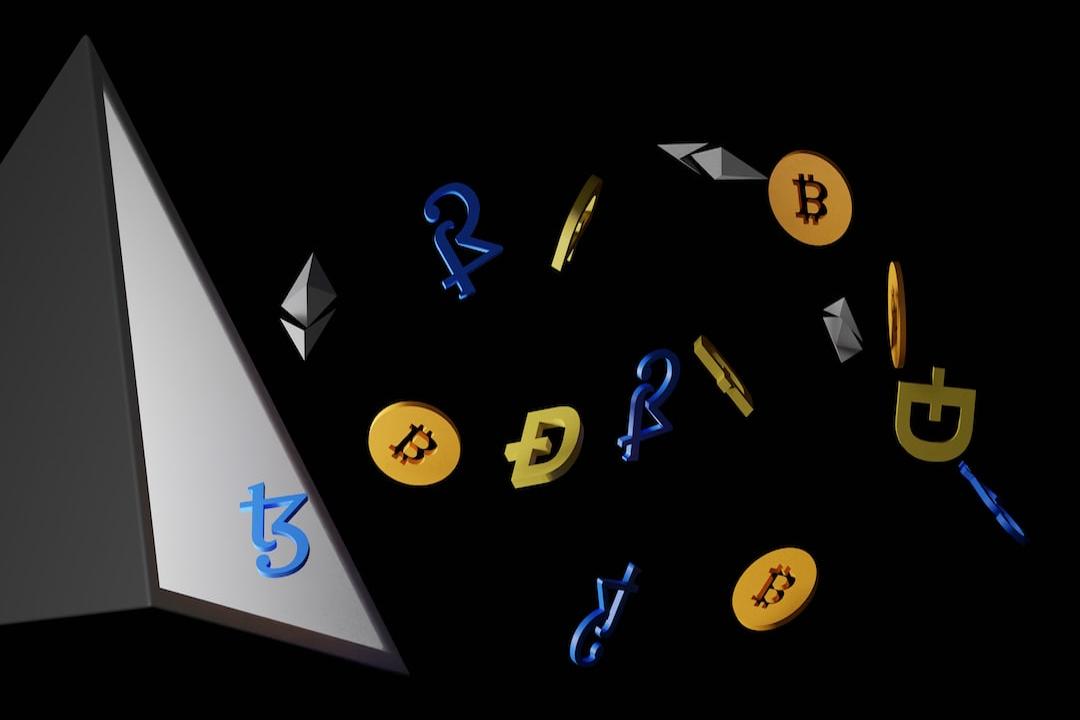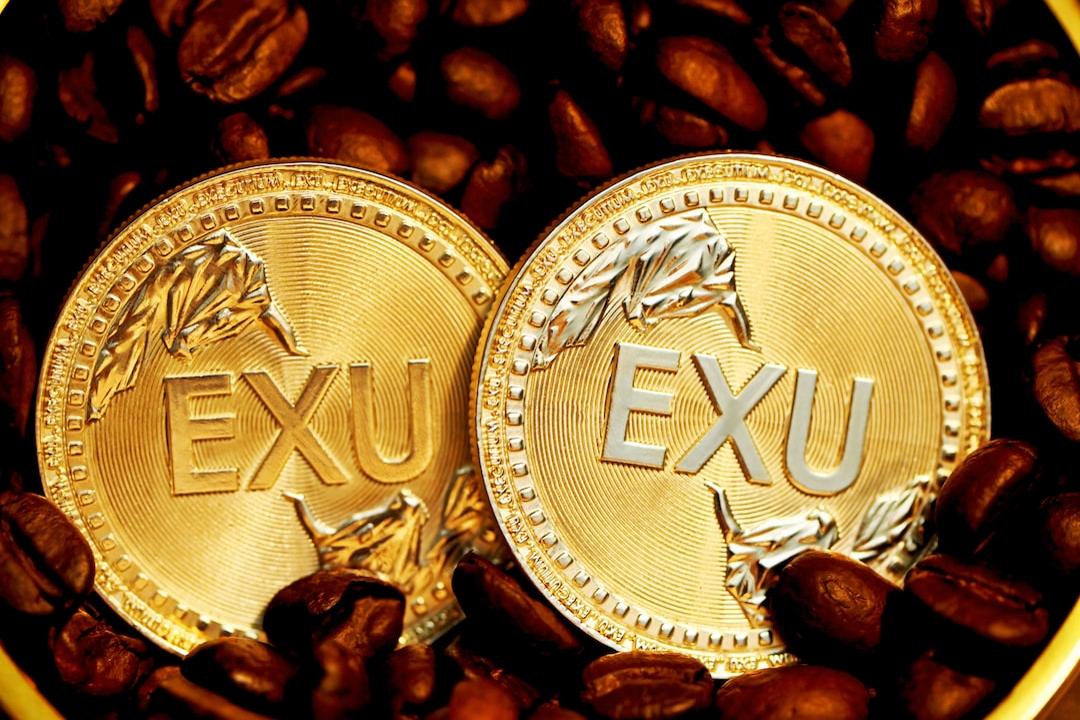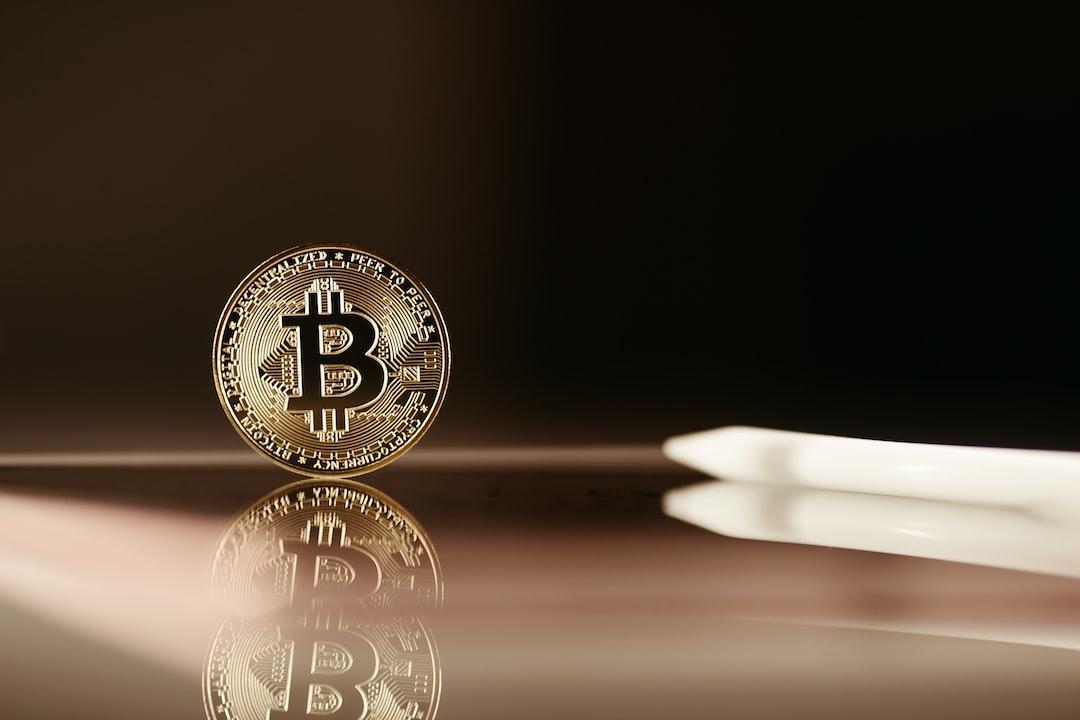Today marks a significant milestone for the digital currency landscape in Hawaii as the state’s experimental regulatory framework, known as the Digital Currency Innovation Lab (DCIL), reaches its conclusion. From this day forward, cryptocurrency enterprises are exempt from the requirement of obtaining a money transmitter license issued by Hawaii to engage in business activities within the state. Nevertheless, adherence to federal regulations remains a mandatory obligation.
**Hawaii’s Experimental Regulatory Framework Wraps Up**
The Hawaii Department of Commerce and Consumer Affairs, in conjunction with the Hawaii Technology Development Corporation (HTDC), issued a reminder last Friday. They announced the wrap-up of the state’s innovative regulatory experiment, the DCIL, effective June 30.
Launched as a two-year exploratory initiative by the State of Hawaii, the DCIL was brought to life through a collaboration between the HTDC and the Hawaii Division of Financial Institutions (DFI). The program granted permission to digital currency entities to conduct operations in Hawaii without the need for a state-issued money transmitter license. “Initiated in 2020, this joint research endeavor aimed to delve into the realm of digital currency within the state and to evaluate the necessary regulatory structures for businesses focused on digital currencies, also known as cryptocurrencies,” the announcement detailed. It further revealed:
The insights gleaned from this initiative have led to the conclusion that businesses dealing in digital currencies will no longer be bound by the requirement of a Hawaii-issued money transmitter license for state operations.
The announcement further clarified that these businesses could continue their transactional operations as unregulated entities. However, Hawaiian regulatory bodies have underscored the necessity for these companies to remain compliant with all relevant federal licensing or registration mandates. This includes regulations from the Financial Crimes Enforcement Network (FinCEN), the Securities and Exchange Commission (SEC), and the Financial Industry Regulatory Authority (FINRA), alongside pertinent federal consumer protection and anti-money laundering statutes.
During the DCIL’s tenure, a total of 11 companies received approval to participate, with a decommissioning phase set from July 1 to December 30, 2024. The approved companies include Apex Crypto, Bitflyer USA, Cloud Nalu, Coinme, Erisx, Flexa, Gemini, River Financial, Sofi, and Uphold. Additionally, Blockfi, which sought Chapter 11 bankruptcy protection on November 28, 2022, was also among the initially approved participants.
Before the DCIL’s inception, cryptocurrency firms operating in Hawaii were mandated to possess a money transmitter license. Earlier in the year, the Hawaii Department of Commerce and Consumer Affairs declared that following the completion of the sandbox program, it was determined that digital currency companies are no longer obligated to secure a Hawaii-issued money transmitter license for state business operations.
What are your views on Hawaii’s progressive stance towards cryptocurrency firms, allowing them to function without the necessity of state-issued money transmitter licenses? Feel free to share your perspectives in the comments section below.






